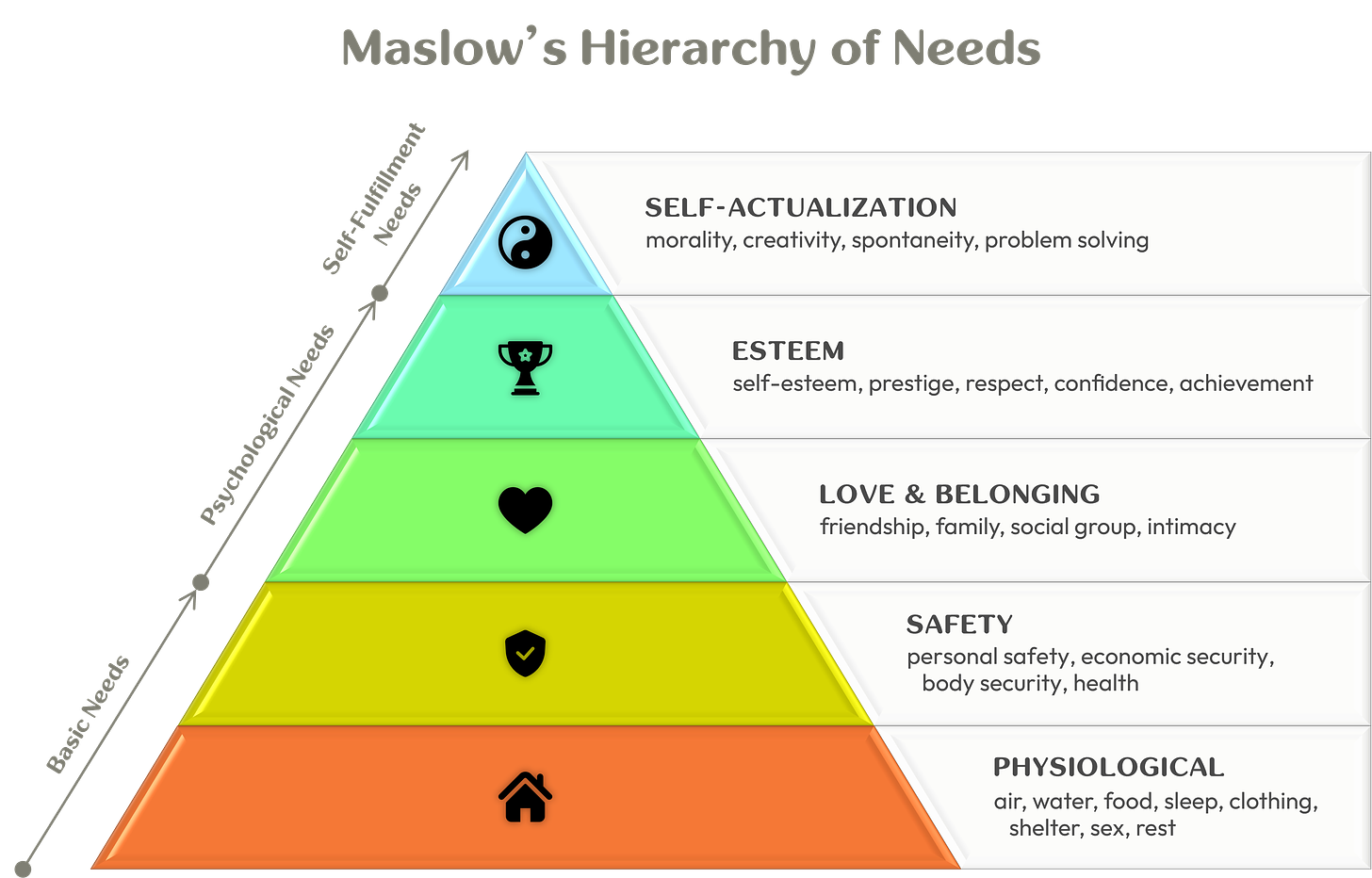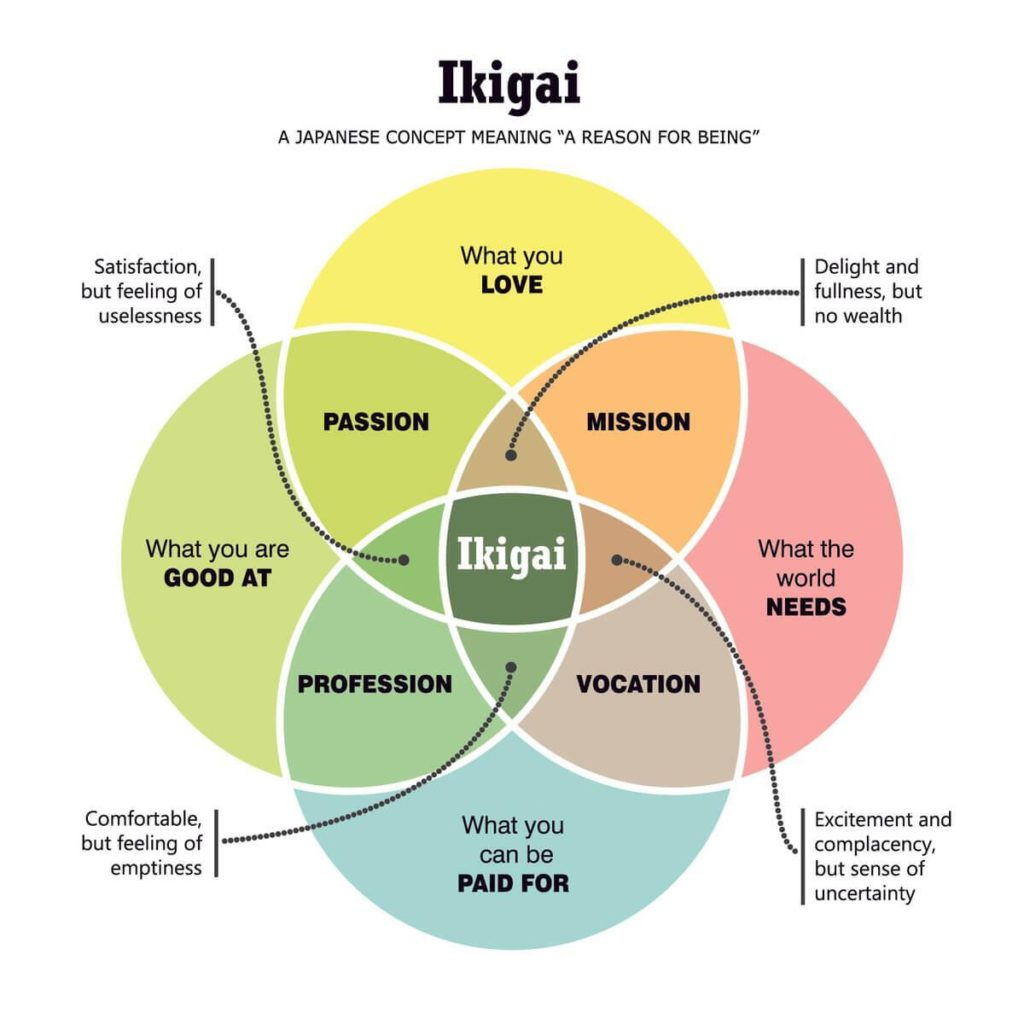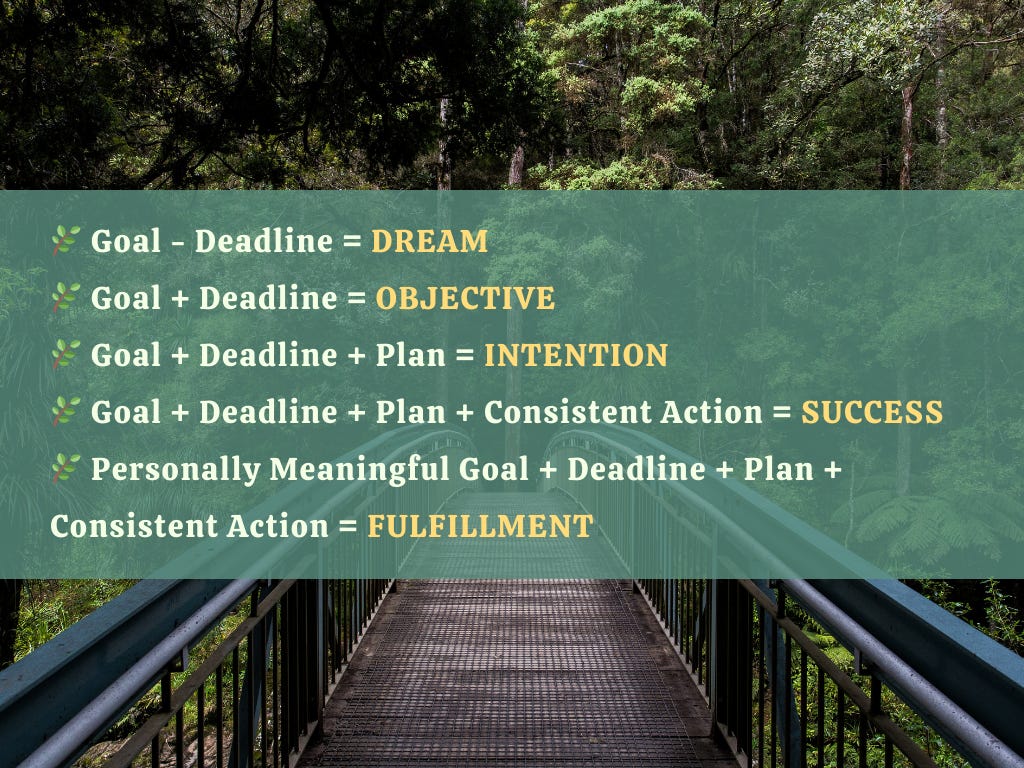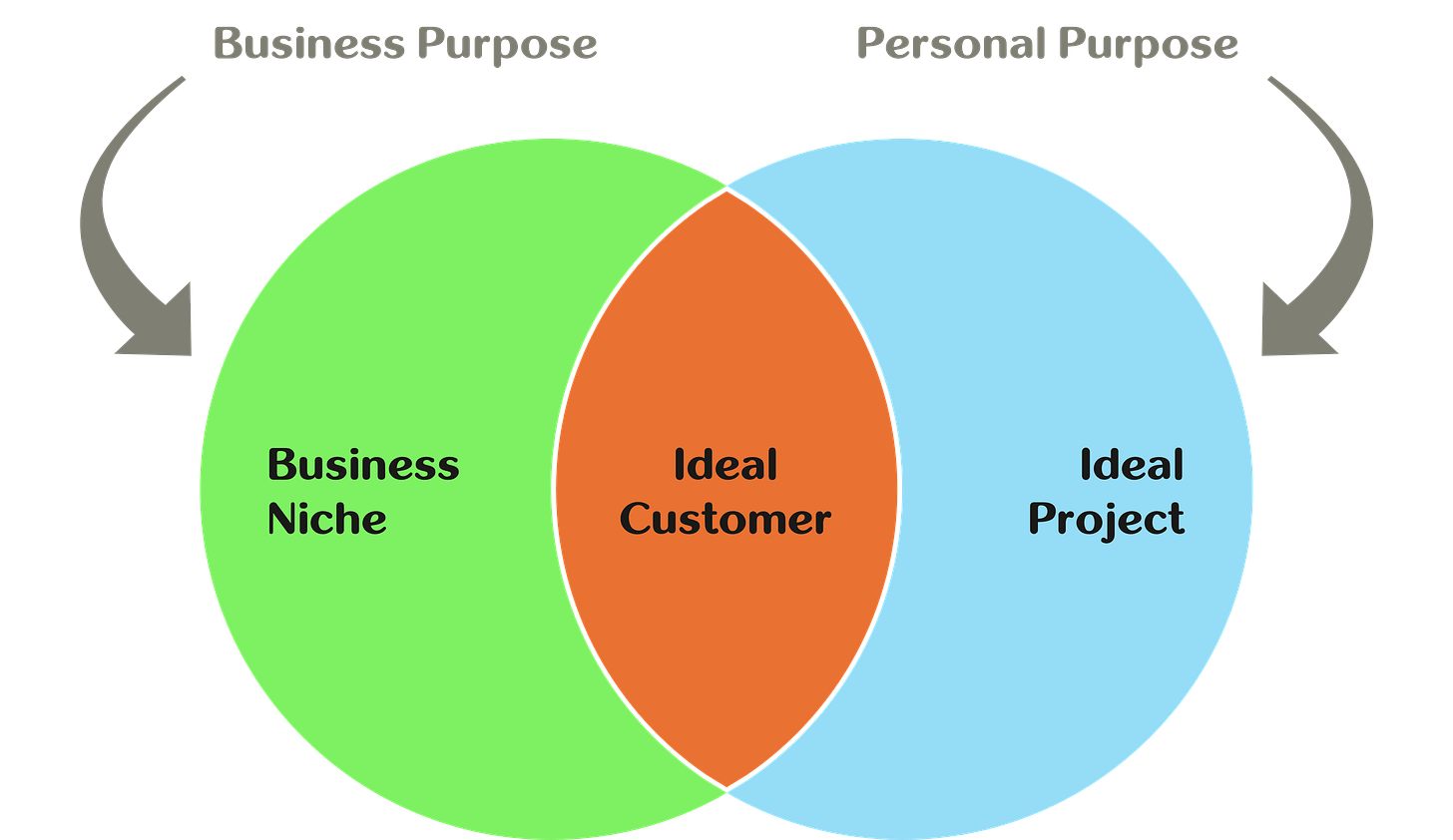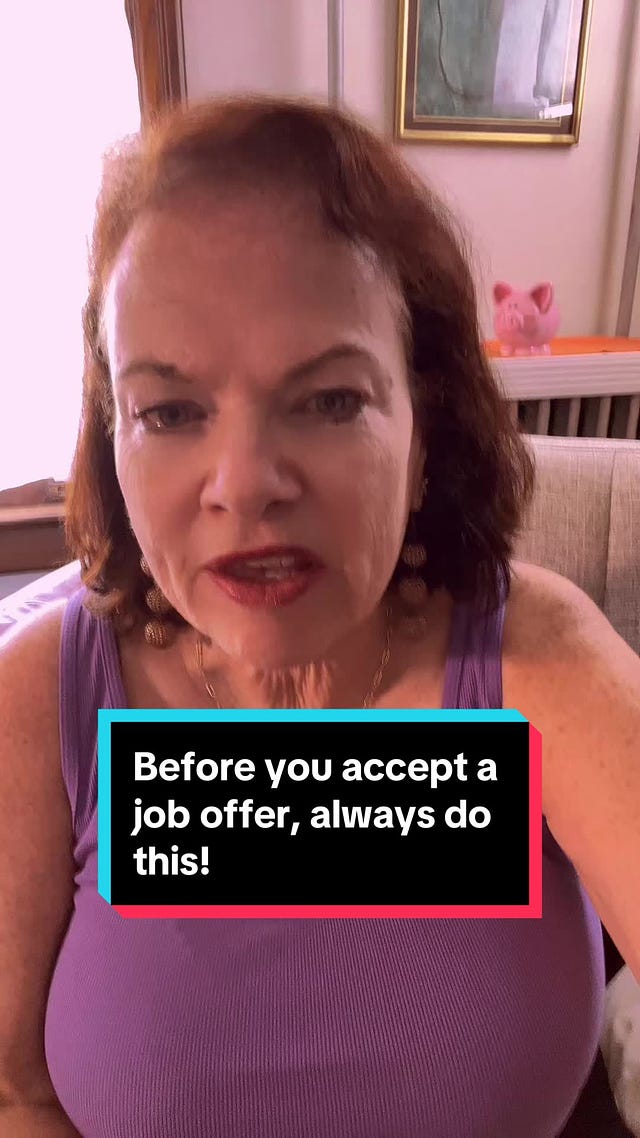In Search for Purpose: Have You Found Yours?
Living without purpose 🧩 Why we outsource our purpose and what that costs us 🧩 How to find our purpose 🧩 How to align our business with our purpose

Have you ever felt disconnected from the world around you?
Like, everyone seems to be able to read between the lines, except you. Everyone somehow aligns to the same beat of the drums, except you. Everyone has things going on in their lives, except you. Everyone is happy with what they’ve achieved - and keep achieving - except you.
If the answer is “yes”, you’re not alone. There’s a reason for this, and there’s also a fix.
Keep reading 👇
😑 Life Without Purpose
Imagine this:
You wake up in the morning and you feel dead. You’re more tired than when you went to bed last night. Nothing excites you anymore. If it weren't for work (responsibilities, chores, etc. - feel free to substitute with your regular poison), there wouldn't be any point in getting out of bed at all. You feel absolutely lost in this world: you don’t know what you want to do, whether you have the strength to do it, or why this is even happening to you. And what this is, to begin with.
Then there is work - the necessary evil. The place where someone else tells you what to do, how to do it, who to interact with, how to think and behave, what your career choices are, what your areas of development should be, where and when you need to be physically, and what time you need to spend working (which is quite significant), away from everything and everyone else in this world. Everything and everyone that might potentially excite you.
You take a look around and you only see zombies. Everyone is in an endless cycle of work and watching movies, playing computer games, eating junk food, you name it - literally any activity that has the potential to give a minimum amount of short-term satisfaction. You're afraid to look inward because you can already feel your soul silently screaming and squirming. It's better to just keep running in circles in an attempt to avoid the inevitable.
Does this sound familiar?
Some would say we traded our time for money - and time is the most valuable asset we have in this world. Others would say we sold our freedom for security. Or our health. Or our souls.
I’d say we outsourced our purpose. Why bother searching for our own purpose in life, when we can get paid to contribute to someone else’s? Does it even matter if that someone else shares our moral principles, our values, or let alone is aligned with our purpose?
As it turns out, yes, it does matter. Here's why:
🛟 Taking the Easy Way Out
The theory:
The hierarchy of human needs was proposed in 1943 by the American psychologist Abraham Maslow. It presents each need as a level that has to be met before moving to the next. Although updated and expanded through the years, this theory is still used today to understand human motivation:
Maslow's hierarchy of needs helps us recognize what we need in each chapter of our lives to be happy and healthy. By fulfilling our basic needs first, like food and safety, we create a strong foundation that allows us to focus on higher-level needs, such as building relationships and achieving personal goals. Striving for self-fulfillment leads to a more meaningful and satisfying life. It gives a purpose to our lives, a direction towards a goal we aim to achieve. When we reach the level of self-actualization, we can realize our full potential, contribute positively to society, and find true happiness in what we do. This not only improves our own lives but also helps create a better world for everyone around us.
The reality:
When we're trying to cover our basic needs (which can be challenging due to poverty, disease, war, etc.), we're in survival mode and have neither time nor desire to ponder over our purpose, happiness, and the salvation of our souls. This is simply too abstract and we're too focused on surviving. Besides, our bodies house our souls, so it’s just logical that the survival of the body should take precedence over the survival of the soul.
However, the majority of the “developed world” these days doesn't fight for survival anymore. Our basic needs are met and we’ve moved to fulfilling our psychological needs. But there seem to be two ways of approaching that:
We determine which social groups we (want to) belong to, what our contribution to these social groups looks like, how to think and act, what achievement means for us, and what we take pride in.
Someone else determines which social groups we should belong to, what our contribution to these social groups will look like, how we should think and act, what achievement will mean for us, and what we should take pride in.
These two approaches, of course, lead to two different results: The first one leads to achieving our self-fulfillment, i.e. purpose, and the second one leads to achieving someone else’s self-fulfillment / purpose.
What are the chances that someone else will be aligned with our life purpose and, thus, help us achieve it? If we already know our purpose and we collaborate with people who support us in our path, then the chances are pretty high. However, if we don't know our purpose, chances are extremely low that we will, by sheer luck, join a community that’ll take us to where we want to be.
Therefore, the most important thing after fulfilling our basic needs is discovering our life purpose, i.e. our reason for living. This is, of course, easier said than done, which is exactly why we’ve been applying that second approach for so long: We’ve been outsourcing our purpose to someone else, and calling it “permanent employment”. Unfortunately, this diverts us from our true path and costs us more than money can pay for - it robs us of our happiness.
⛅️ Finding Our Purpose
What is a life purpose (or self-fulfillment)?
Purpose can be explained by the Japanese concept of Ikigai, which means “a reason for being”:
Ikigai is the idea of finding purpose and joy in life by balancing four key elements: what we love, what we’re good at, what the world needs, and what we can be paid for. When these elements overlap, we feel a sense of fulfillment and motivation, leading to a happy and meaningful life.
How do we find our purpose?
This is a bit tricky because it’s not a straightforward process. We have to figure out what works best for each of us. Still, here are some ideas:
Check out this video explanation of Ikigai:
See this amazing collection of techniques to try out.
For a fast and easy start, consider supporting one of the 17 global goals of the United Nations.
And remember:
💫 Aligning Our Business With Our Purpose
As a founder and business owner:
We talk a lot about the vision, mission, and purpose of our business, hence when we start building it we might think our personal purpose doesn’t matter. However, that cannot be further from the truth. Our business purpose matters for our strategy, and likewise, our personal purpose matters for the organization, values, and governance principles we’ll put in place (see more in this table).
As a freelancer:
As freelancers, we still need to know our personal vs. business purpose. The latter will help us choose our niche, but the former will help us choose our projects. And our ideal client is the cross-section between our niche (based on the business purpose) and our ideal project (based on the personal purpose).
As an employee:
As employees, our concern isn’t building the right type of organization, but finding it. There are two ways of approaching this:
When applying for a new job in a typical hierarchical organization, and especially if we get to the last interview rounds or to a job offer, we can ask for the Employee Handbook. Some companies already have it published on their websites (e.g. 37signals / Basecamp, Remote, Futurice, HubSpot, Valve), but the majority of the companies treat this as internal and, thus, confidential information. That’s why their career pages look more like a sales advertisement, rather than a true representation of the company culture, organization, and ways of working. And this prevents us from knowing if we’ve found the right place for us.
See this video for more information:
We can apply for a new job only at self-managed organizations because those cultures are developed mainly by their employees.
Read this article for more details:
And that’s how we discover our purpose and reconnect with ourselves and the world around us. And in doing so, we set out to build a better world, not just for ourselves but for all.
Next, see here how to install purpose inside the processes:
And here how to install purpose in the organization:
Thank you for reading 💝
Till next time,
Irina
If you need help with your specific business challenges:



